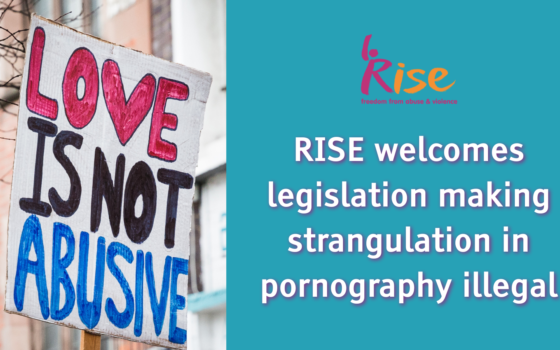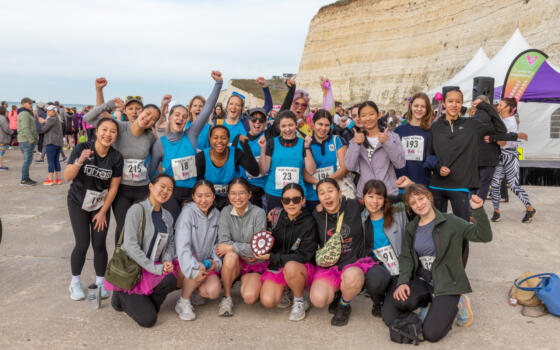The Hague Convention on the Civil Aspects of International Child Abduction —generally known as the Hague Abduction Convention - came into law in 1980. The HCCH is an international body working across and between international governments, aiming to bring international law across countries into line with each other, particularly in areas like family law, commercial law, and civil procedure.
The Hague Abduction Convention was introduced in response to an increasing number of international abductions by parents – most commonly fathers - , usually in disputes over custody. At that time, children were being taken to other countries by the abducting parent, who hoped to gain a legal advantage, perhaps in their home country, or in a country where they believed the laws would be more favourable to them.
The Convention established that custody decisions should be made in the country where the child mainly lived (their habitual residence) not in any country to which the child was taken. It was intended to protect children from international abduction by a parent, and aimed to ensure they were quickly brought back to their home country, so that custody disputes could be resolved there.
This was an important step towards protecting children but it has become clear there are problems with the law which is now being misused by perpetrators. The FiLiA Hague Mothers Project, of which I am part, reports that around 75% of the parents who are brought before the courts today are mothers. I see three key issue with the Convention as it stands.
- The motive - even when there is evidence of abuse, even prolonged abuse - for taking the child is not taken into account.
- The Convention focuses on the child's return, not the child’s best interests or safety in the long term
- Mothers fleeing abuse often go ‘home’ to their home country, where they have support networks and understand the language. Being forced to return to the country of the perpetrator immediately isolates them. They may not understand the language well, there may be problems with visas, economic abuse may mean they may have no access to money - they can be at risk of homelessness. Being homeless, having no money, being branded a kidnapper - all of these things will play into perpetrators hands when it comes to any court battles for custody.
As we know from our work with survivors going through Family Courts (here’s what we can offer, and here’s my blog from October 2024 about our work) in the UK, perpetrators frequently seek to paint survivors as unstable, risky or unfit in a bid to continue their abuse and retain power and control. Legal systems, both in the UK and at the international level, currently enable this, and are in desperate need of reform. Survivors’ motivation for leaving, and the best interests of the child, must be at the heart of decision making under the convention.
I am proud to say that RISE is one of the Early Adopters of FiLiA training on Domestic Abuse and the Hague Abduction Convention. Colleagues attended a 90-minute interactive training earlier this spring, co-created by FiLiA Hague Mothers in collaboration with Hague Explained. The training is designed to raise awareness about the specific challenges faced by victim-survivors.
As Early Adopters we are one of a handful of organisations who are piloting the training and helping strengthen it through insights and feedback. Other Early Adopters are Advance Charity, JUNO Women’s Aid and Halo Project. Feedback on the training included
‘Good – All of it was great, very informative. Helped that there was someone who was able to share her own experiences, as case studies are great but a personal experience brought it to life (...). Best online training I have attended in a long time!’
If you would like to know more about the training or you or your organisation would like to participate in it, please contact Krisztina.
Additional resources for domestic abuse professionals are on the Hague Mothers' website, along with further information about training opportunities.


